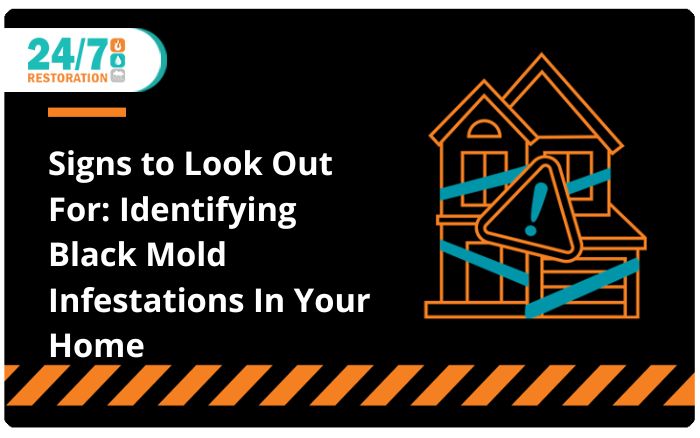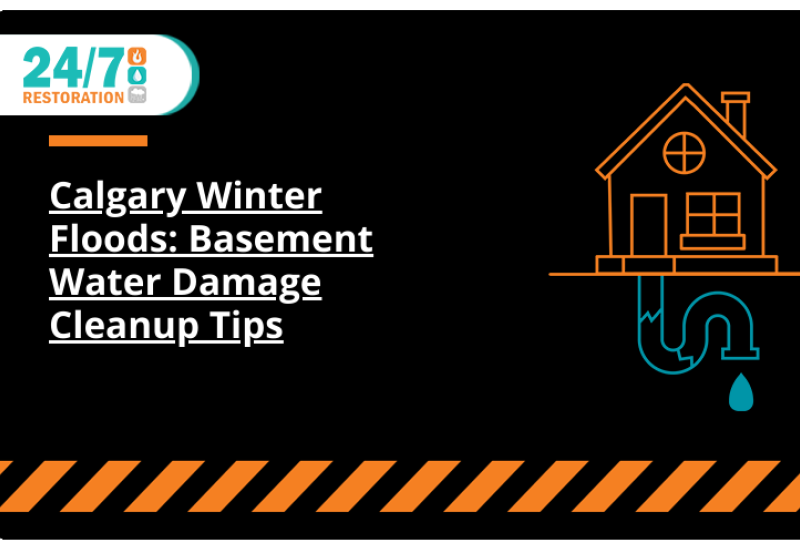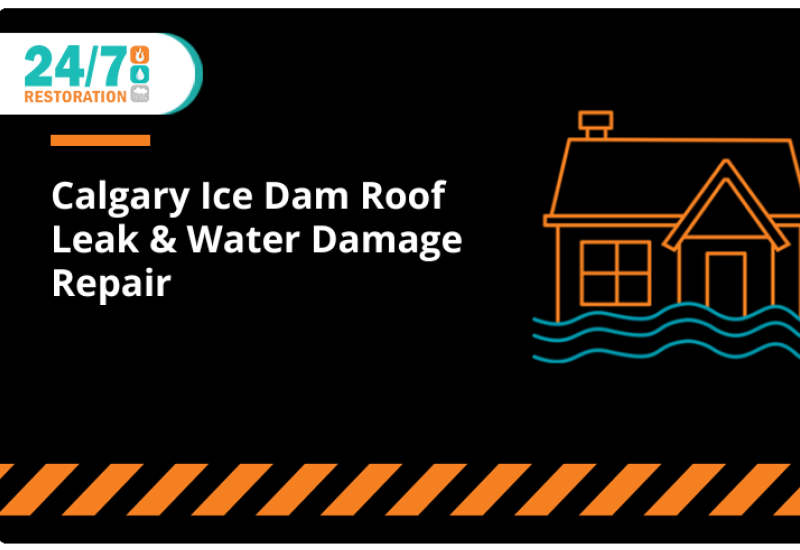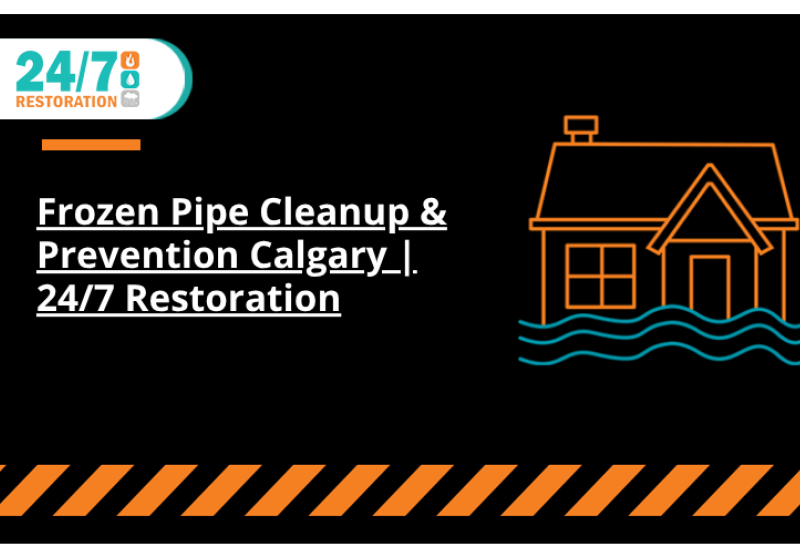Mold is an unwelcome guest in any home, and one particularly concerning type is black mold, scientifically known as Stachybotrys chartarum. Recognizing the signs of a black mold infestation is crucial for early detection and effective mitigation. In this article, we will explore the telltale signs of black mold presence, helping you take proactive measures to safeguard your home and the health of your loved ones.
Black mold is a greenish-black mold that thrives in environments with excessive moisture. It often appears slimy and has a distinctive musty odor. While not all black molds produce mycotoxins, which are harmful compounds, the presence of black mold can still indicate a moisture problem that needs to be addressed.
Signs of Black Mold Infestations
Visible Dark Patches:
The most apparent sign of black mold is the presence of dark, greenish-black patches on surfaces. These patches might appear on walls, ceilings, floors, or even hidden corners. They often have a slimy texture and can spread quickly if left unchecked.
Musty Odor:
Black mold is associated with a strong musty odor, which is often described as earthy or damp. If you notice an unpleasant smell in certain areas of your home, it could be indicative of hidden mold growth.
Water Damage:
Areas with a history of water damage or leaks are prone to mold growth. If you've experienced leaks from pipes, roofs, or windows, carefully inspect those areas for signs of mold.
Condensation and High Humidity:
Black mold thrives in humid environments. If you notice excessive condensation on windows or surfaces, or if your indoor humidity levels are consistently high, it increases the risk of mold growth.
Allergic Reactions:
Exposure to mold can trigger allergic reactions, including sneezing, coughing, itchy or watery eyes, and skin irritation. If these symptoms worsen when you're indoors or in specific areas of your home, mold might be the culprit.
Respiratory Issues:
Inhaling mold spores can lead to respiratory problems, particularly in individuals with allergies or asthma. If you or your family members experience unexplained respiratory issues, mold could be a contributing factor.
Peeling Paint or Wallpaper:
Mold growth can cause paint or wallpaper to peel, crack, or bubble. If you notice these issues, inspect the affected areas for signs of mold beneath the surface.
Stained or Discolored Surfaces:
Black mold can leave behind stains or discoloration on surfaces. If you see discolored patches on walls, ceilings, or floors, it's essential to investigate further.
Health Symptoms in Pets:
Pets can also be affected by mold. If your pets exhibit unusual health issues such as constant scratching, sneezing, or respiratory problems, mold could be a contributing factor.
Hidden Spaces:
Black mold often thrives in hidden and damp spaces such as basements, crawl spaces, attics, and behind walls. Regularly inspect these areas for any signs of mold growth.
Recognizing the signs of a black mold infestation is vital for maintaining a safe and healthy living environment. Whether it's the presence of visible dark patches, a musty odor, or water damage, staying vigilant can help you catch mold growth in its early stages. If you suspect black mold, take action promptly to address the issue. Clean and dry affected areas, fix leaks, and consider using dehumidifiers to control indoor humidity levels. However, if the infestation is extensive or if you have health concerns, it's best to seek professional help from mold remediation experts. By staying informed and proactive, you can ensure the well-being of your home and those who live in it.
Written on behalf of 24/7 Restoration.
FAQ
Q: Can I remove black mold myself, or should I seek professional help?
A: Minor cases of black mold can be tackled by homeowners using proper protective gear and cleaning solutions. However, extensive infestations or cases involving health concerns are best left to mold remediation professionals to ensure safe and thorough removal.
Q: How can I prevent black mold growth in my home?
A: To prevent black mold, address water leaks promptly, maintain proper ventilation and humidity levels, use dehumidifiers in damp areas, and ensure proper drainage around your home's foundation. Regularly inspect hidden and moisture-prone areas.
Q: Is black mold always dangerous to health?
A: Not all black molds are toxic, and exposure to them might not always result in health issues. However, some black molds can produce mycotoxins that can lead to respiratory problems and other health concerns, especially in individuals with allergies or compromised immune systems. It's best to take preventive measures and address mold growth promptly.




